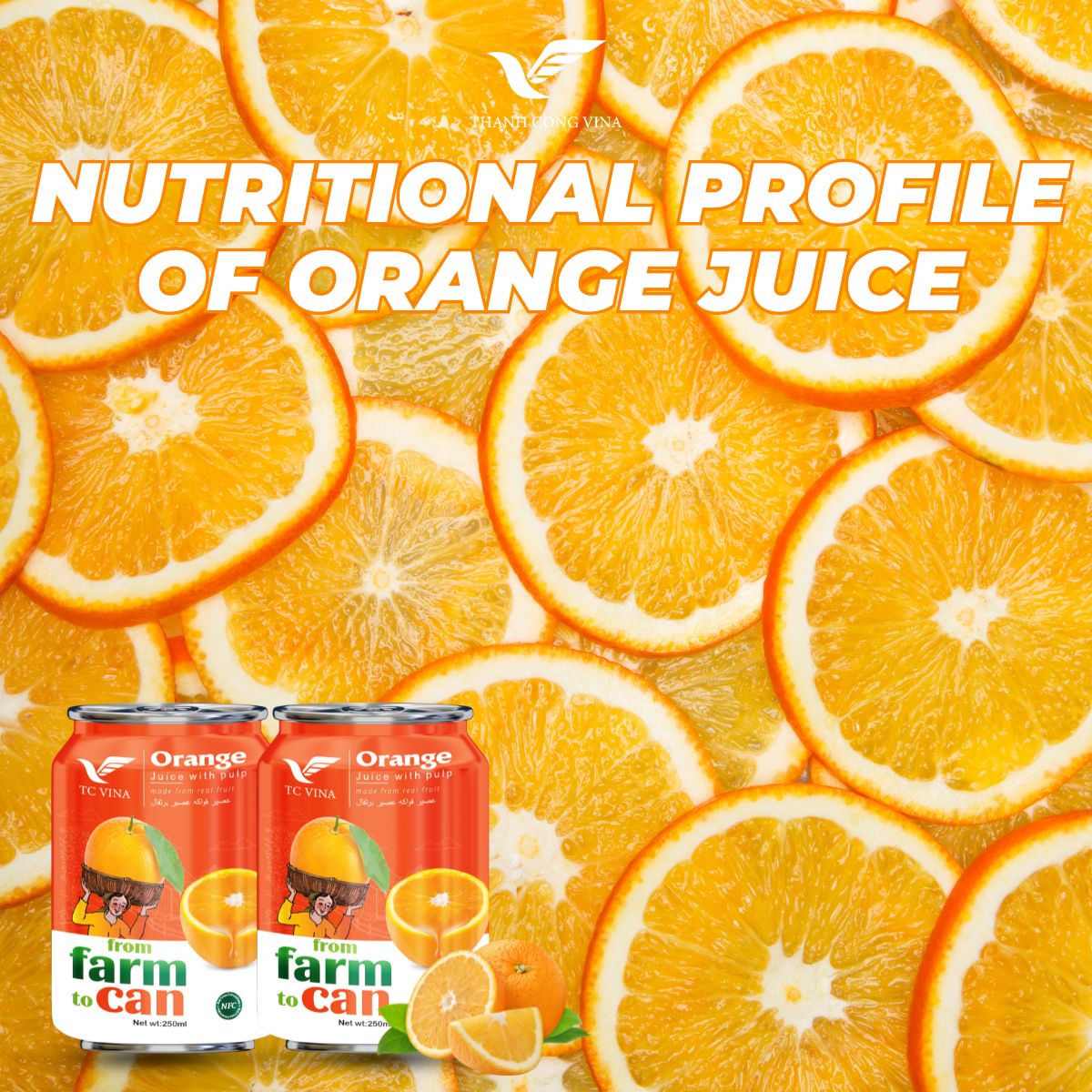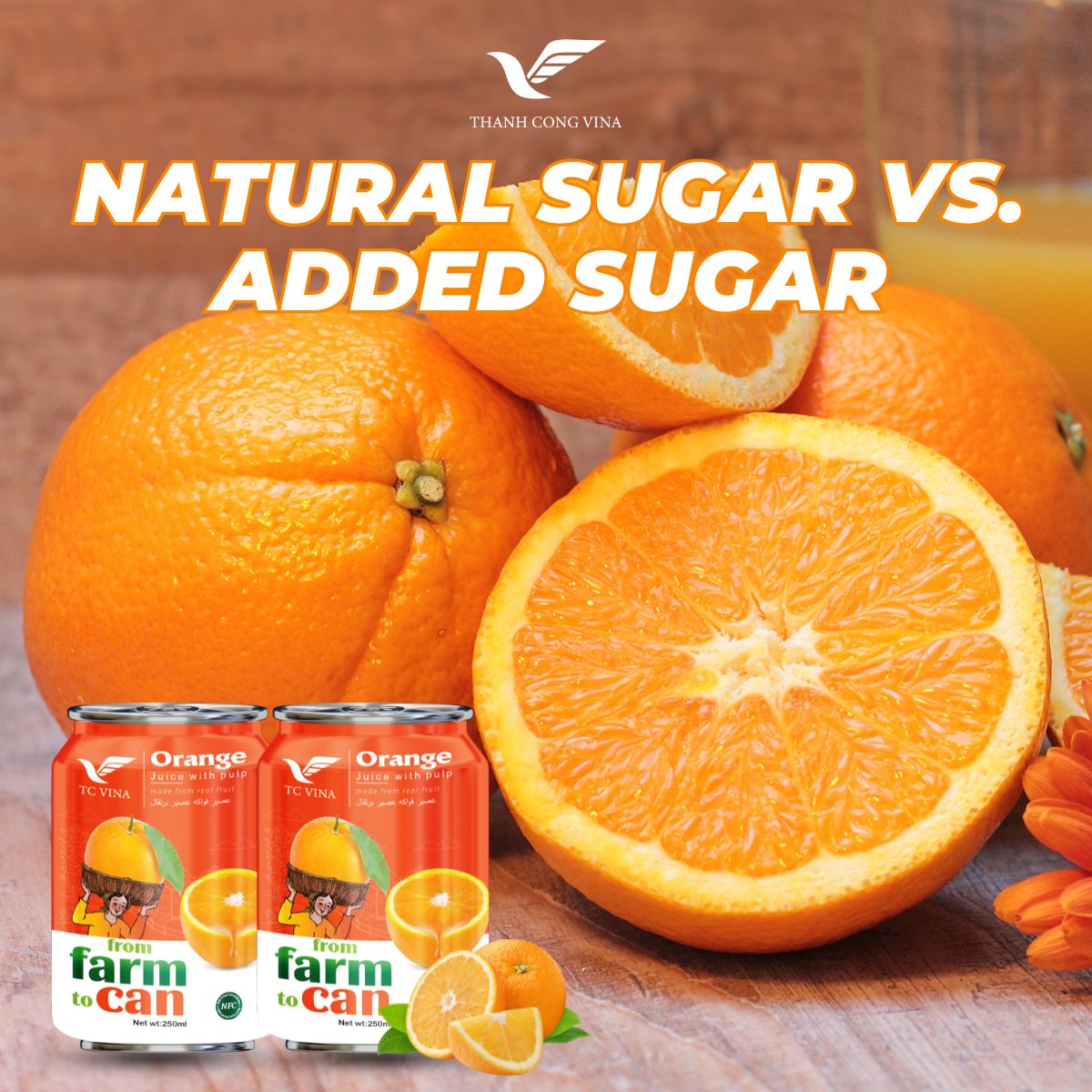Products Knowledge
Is Orange Juice Really Healthy? The Truth Behind the Hype
Orange juice is one of the most popular beverages around the world. Praised for its fresh taste, high vitamin C content, and perceived health benefits, it has long been considered a staple of a healthy diet. However, in recent years, has been at the center of health debates, with critics pointing to its sugar content and lack of fiber as reasons for concern. So, really healthy, or is it just a sugary drink with a health halo? In this comprehensive article, we will explore the nutritional facts, health claims, scientific evidence, and practical advice to help you understand the real impact of orange juice on your health.
1. Nutritional Profile of Orange Juice

Orange juice, especially when freshly squeezed or 100% pure, offers a range of essential nutrients. A standard 240 ml serving provides:
- Calories: Approximately 110
- Carbohydrates: 26 grams (21 grams of natural sugars)
- Vitamin C: Over 100% of the recommended daily intake (RDI)
- Folate: 15% of the RDI
- Potassium: 10% of the RDI
- Thiamine: 8% of the RDI
- Antioxidants: Includes flavonoids, carotenoids, and hesperidin
These nutrients contribute to immune support, cardiovascular health, cellular repair, and metabolic function. However, the health impact of orange juice depends on the type of juice and how it’s consumed.
2. Types of Orange Juice
Not all It is created equal. There are significant differences between types of orange available on the market.
- Freshly Squeezed: Made directly from oranges, unprocessed, and typically consumed within a short time. It contains the most nutrients and natural flavors.
- 100% Pasteurized Orange : This is the most commonly available juice in supermarkets. It is pasteurized to increase shelf life while retaining most nutrients.
- From Concentrate: Made by removing water from the juice and reconstituting it later. It may contain additives for flavor and shelf stability.
- Orange Beverages: These are often labeled as “juice drinks” and may contain only a small percentage of real juice along with added sugars, water, and artificial flavors.
Thanh Cong Vina specializes in producing 100% pure orange with no added sugars or artificial additives, ensuring maximum nutrition and authentic taste.
3.Natural Sugar vs. Added Sugar

One of the primary concerns about orange juice is its sugar content. While it contains natural sugars from fruit, excessive consumption can still affect blood sugar levels.
Natural sugar in It is accompanied by vitamins and antioxidants, which help mitigate negative effects. However, some commercial contain added sugars that increase calorie content without providing additional nutritional value.
The American Heart Association recommends a daily limit of 25 grams of sugar for women and 36 grams for men. A glass of 100% orange juice contains about 21 grams of natural sugar. When consumed in moderation, fits well within a healthy diet.
4. Health Benefits of Orange Juice
Despite concerns, orange juice has several proven health benefits supported by scientific research:
- Immune Support: High vitamin C boosts white blood cell production and helps fight infections.
- Antioxidant Protection: Flavonoids and carotenoids reduce oxidative stress, protecting against chronic diseases.
- Heart Health: Regular consumption may reduce LDL cholesterol and lower blood pressure.
- Skin Health: Vitamin C aids collagen production, improving skin elasticity and reducing signs of aging.
- Iron Absorption: Orange juice enhances the absorption of non-heme iron from plant-based foods, which is beneficial for individuals with anemia.
These benefits are most pronounced when it is part of a balanced diet and not overconsumed.
5. Scientific Studies on Orange Juice

Multiple clinical studies have explored the effects of orange on health:
- A 2013 study in the American Journal of Clinical Nutrition found that hesperidin in improved endothelial function and reduced inflammation.
- Research published in Nutrition & Metabolism (2012) showed that orange consumption reduced markers of oxidative stress and inflammation.
- A study in Advances in Nutrition (2016) concluded that moderate intake of 100% fruit juice, including orange, is not associated with weight gain in children or adults.
These findings highlight that orange juice, when consumed in moderation, can be part of a healthy lifestyle.
6. Orange Juice vs. Other Beverages
Compared to many popular beverages, orange is a more nutritious choice:
- Orange Juice vs. Soda: Orange has natural sugars and nutrients, while soda contains added sugars and zero nutritional value.
- Orange Juice vs. Energy Drinks: Energy drinks often contain caffeine and added stimulants, whereas provides hydration and natural energy from carbohydrates.
- Orange Juice vs. Sports Drinks: While sports drinks replenish electrolytes, they usually have added sugars. provides potassium and natural hydration.
When choosing beverages, 100% orange juice is superior to many commercially available alternatives.
7. Orange Juice and Weight Management

There is a misconception that orange causes weight gain. In reality, weight gain is determined by total calorie intake and expenditure.
One serving of orange juice contains approximately 110 calories. When consumed as part of a balanced diet, it does not directly contribute to weight gain. However, drinking multiple servings per day without adjusting other calories can lead to an energy surplus.
Using orange as a replacement for sugary snacks or pairing it with protein can help manage appetite and support weight goals.
8. Daily Recommendations and Portion Control
To enjoy the benefits of orange juice without overdoing it, consider the following guidelines:
- Limit intake to one small glass (150-240 ml) per day.
- Choose 100% orange juice with no added sugars.
- Avoid consuming juice on an empty stomach to prevent blood sugar spikes.
- Drink juice with meals to enhance nutrient absorption and satiety.
Thanh Cong Vina offers portion-controlled packaging options to help consumers make informed choices.
9. Thanh Cong Vina’s Commitment to Quality
Thanh Cong Vina is a trusted Vietnamese brand specializing in fruit-based beverages for local and international markets. With advanced manufacturing practices and strict quality control, we ensure that every bottle of orange juice meets the highest standards of purity and nutrition.
Our commitment includes:
- Sourcing oranges from trusted farms with sustainable practices
- Using cold-press technology to preserve nutrients
- Avoiding added sugars, preservatives, or artificial flavors
- Providing customizable OEM and ODM solutions for global partners
Conclusion
Is orange juice really healthy? The answer lies in the type of juice, the amount consumed, and how it fits into your overall diet. 100% pure orange , such as that offered by Thanh Cong Vina, delivers essential nutrients like vitamin C, folate, and potassium, along with powerful antioxidants that support immunity, heart health, and more.
While it should not replace whole fruits entirely, can be a valuable addition to a balanced diet when consumed in moderation. By choosing high-quality juice from reputable sources and being mindful of portion sizes, you can enjoy the benefits without the drawbacks.

